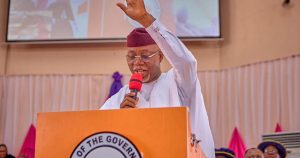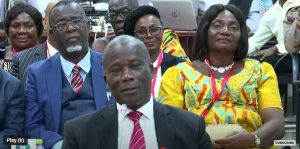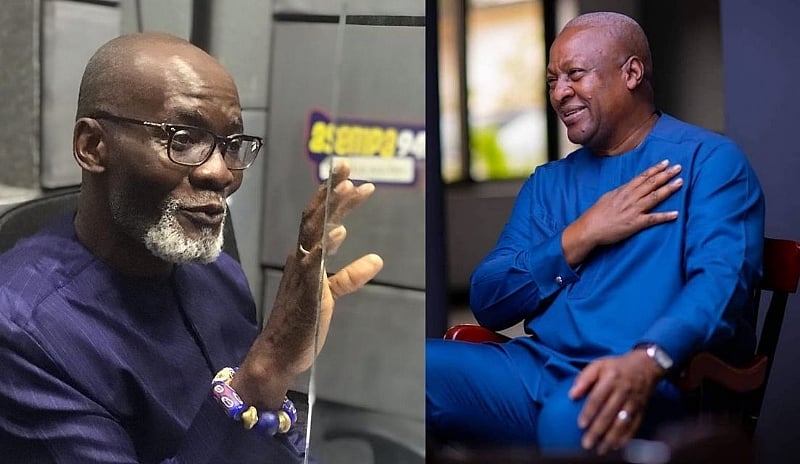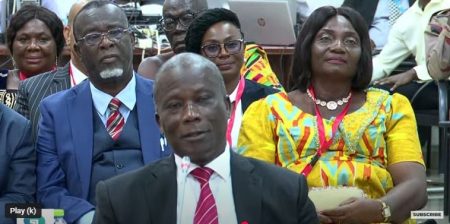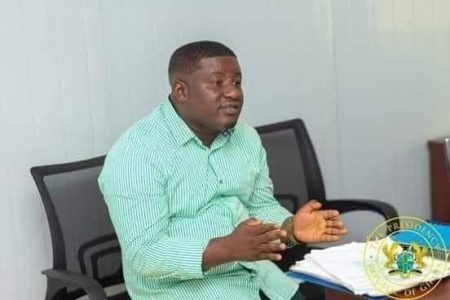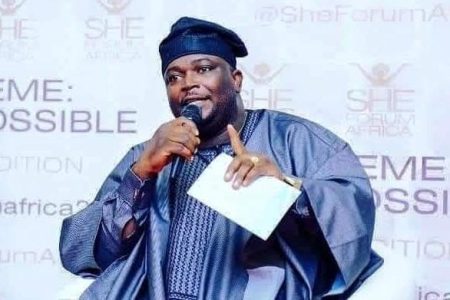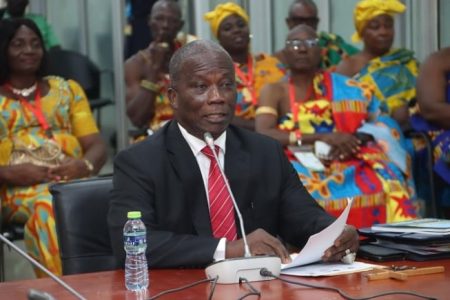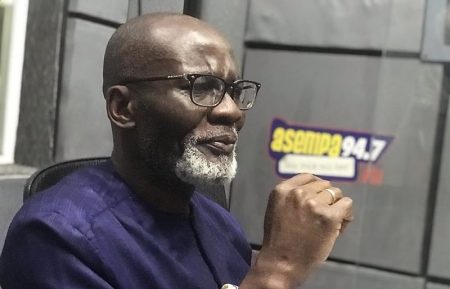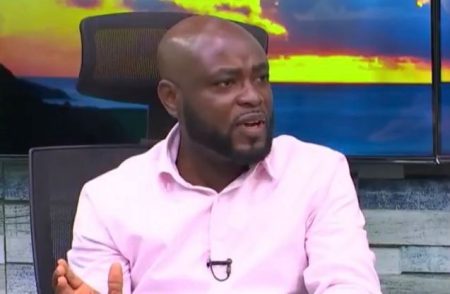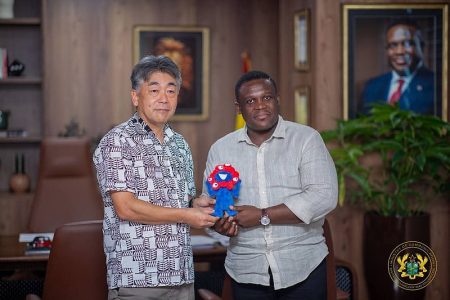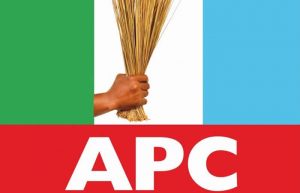Gabby Asare Otchere-Darko, a prominent figure within the New Patriotic Party (NPP), has offered a surprising endorsement of President John Dramani Mahama, characterizing him as potentially the most comprehensively prepared president in Ghana’s history. This assessment stems from Mahama’s extensive and diverse political trajectory, which has encompassed roles at every level of governance, from local assemblyman to the nation’s highest office. This unique journey, according to Otchere-Darko, has equipped Mahama with an unparalleled depth of experience, providing him with a crucial advantage in his current term.
Mahama’s political career began at the grassroots level as an assemblyman, providing him with intimate knowledge of local governance and the needs of communities. He then ascended through the ranks, serving as a Member of Parliament, where he honed his legislative skills and gained a deeper understanding of national policymaking. His experience as a minister further broadened his understanding of specific governmental portfolios and the intricacies of policy implementation. Serving as Vice President under the late President John Atta Mills offered him an invaluable apprenticeship in the highest echelons of power, preparing him for the eventual assumption of the presidency. Following his first term as President, Mahama spent eight years in opposition, a period Otchere-Darko believes allowed him to reflect on his past performance, identify shortcomings, and refine his political approach. This extended period away from the presidency, according to Otchere-Darko, provided Mahama with the crucial opportunity to recognize his past errors, acknowledge missed opportunities, and cultivate the wisdom necessary to govern more effectively.
Otchere-Darko’s assertion hinges on the unique combination of experiences Mahama has accumulated. Having traversed the entire spectrum of political office, Mahama has gained a comprehensive understanding of the challenges and opportunities inherent in governance at all levels. His time in opposition, often a period of introspection and reevaluation, has arguably added another layer of preparedness, allowing him to learn from past mistakes and recalibrate his strategies. This combination of practical experience, coupled with the lessons gleaned from both success and failure, positions Mahama, in Otchere-Darko’s view, as the most prepared president Ghana has seen.
The comments made by Otchere-Darko, a leading member of the opposition NPP, are particularly noteworthy, given the inherent political rivalry between the two parties. His acknowledgement of Mahama’s preparedness transcends partisan politics and speaks to a recognition of the President’s extensive experience. This unexpected endorsement lends credence to the idea that Mahama’s lengthy political journey has indeed equipped him with a unique set of qualifications. It also underscores the importance of experience and the value of learning from both triumphs and setbacks in the realm of political leadership.
However, Otchere-Darko also emphasized the significant challenges confronting Mahama, particularly in meeting the expectations of Ghana’s youth. He highlighted the importance of Mahama’s flagship “24-hour economy” promise, a key element of his campaign platform that resonated with young voters seeking employment opportunities. He stressed that the youth, often the most active and vocal segment of the population, are demanding tangible results and are less likely to tolerate unfulfilled promises. In the age of social media, where government actions are subject to intense scrutiny and rapid dissemination, meeting these expectations is even more critical. Otchere-Darko cautioned that while government must create a conducive environment for job creation and economic growth, the youth also bear a responsibility to actively participate in the process, embracing hard work and seeking opportunities within Ghana rather than looking abroad.
Otchere-Darko’s remarks encapsulate a complex interplay of acknowledgement, expectation, and challenge. While recognizing Mahama’s unique level of preparation, he also underscores the immense pressure on the President to deliver on his promises, especially in addressing the aspirations of Ghana’s youth. This dual message highlights the dynamic nature of political leadership, where experience and preparation are essential but must be coupled with effective action and tangible results to meet the demands of a discerning populace. It also emphasizes the shared responsibility between government and citizens in fostering economic growth and creating a prosperous future for the nation.


